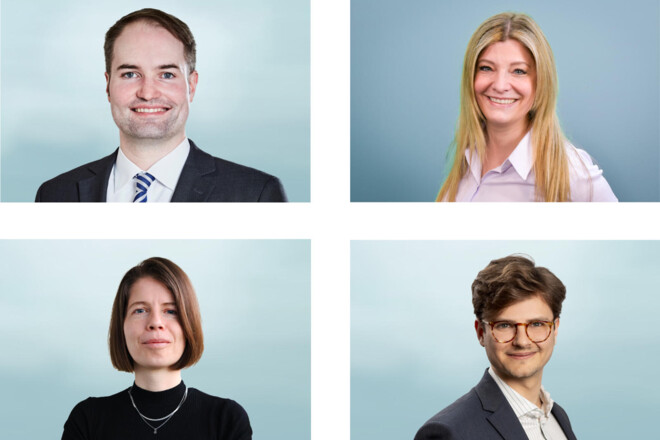CO₂ transportation grid
Our CO2 transportation grid starts
It consists of our projects WHV CO2 Corridor, Delta Rhine Corridor, North Sea CO2 Corridor, DK CO2 Corridor and the Elbe estuary. The aim is to quickly develop the export options in Wilhelmshaven, Rotterdam, Ellund and Antwerp/Zeebrügge.
We would like to develop both the projects and clusters as well as the CO2 transport network flexibly according to the transport needs. At the moment, we are assuming a complete rebuilding of the infrastructure as the existing natural gas pipelines cannot be used due to the technical requirements for (dense) CO2 transport. If possible, however, we will use the corridors of existing pipelines to keep the necessary interventions in the environment as low as possible.
This way, we connect locations where CO2 is captured or bundled, such as the cement and lime industries, with places where CO2 is used, like the chemical industry – all with the goal of Carbon Management. We also link up locations where CO2 is captured and CO2 Hubs with relevant port facilities like Wilhelmshaven or Rotterdam.
Use our infrastructure for a climate-neutral energy system
A climate-neutral energy system requires various infrastructures: for electricity, gas, hydrogen, and also for CO2.
We work on your behalf, connecting the locations where CO2 is produced, used, collected and needs to be stored.
We are already planning this CO2 infrastructure with initial projects and routes. As one of the leading gas grid operators in Europe, we have the expertise and the technical prerequisites for the development of this kind of infrastructure.



